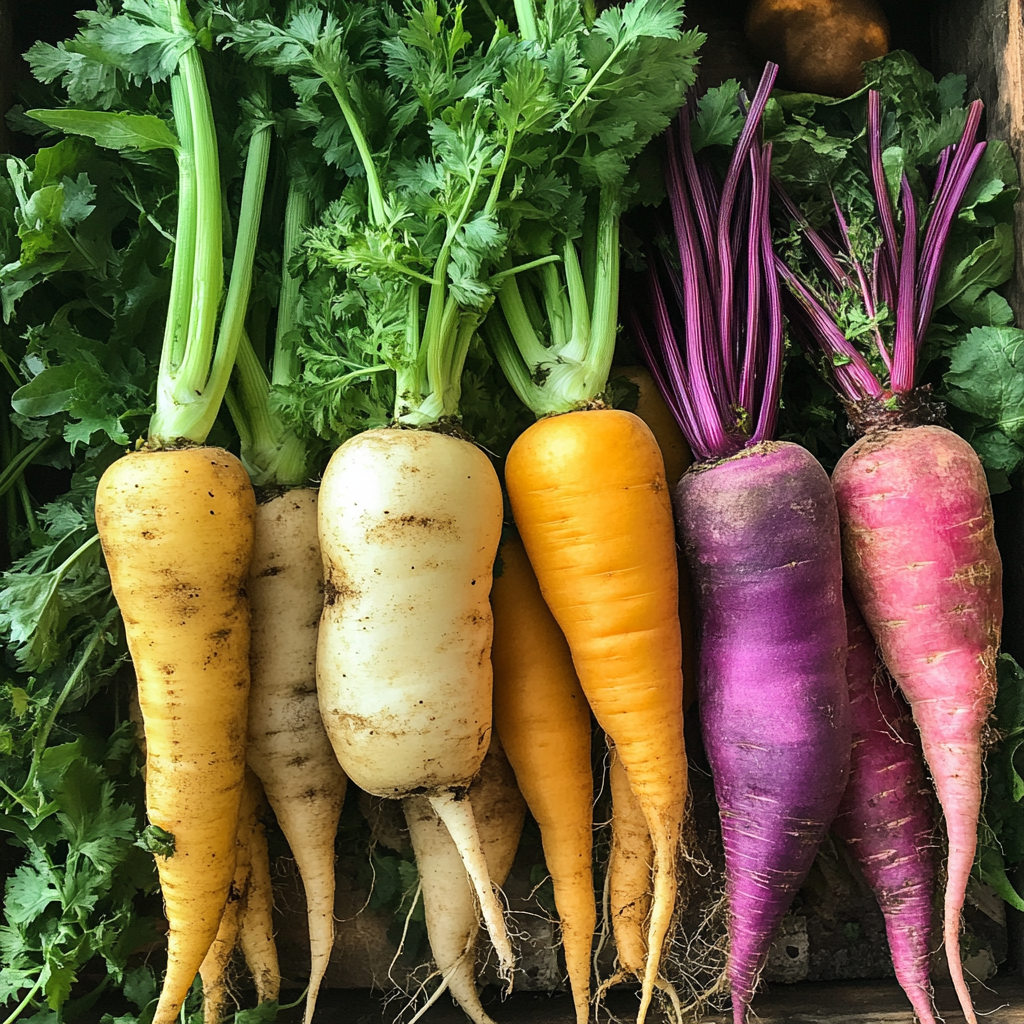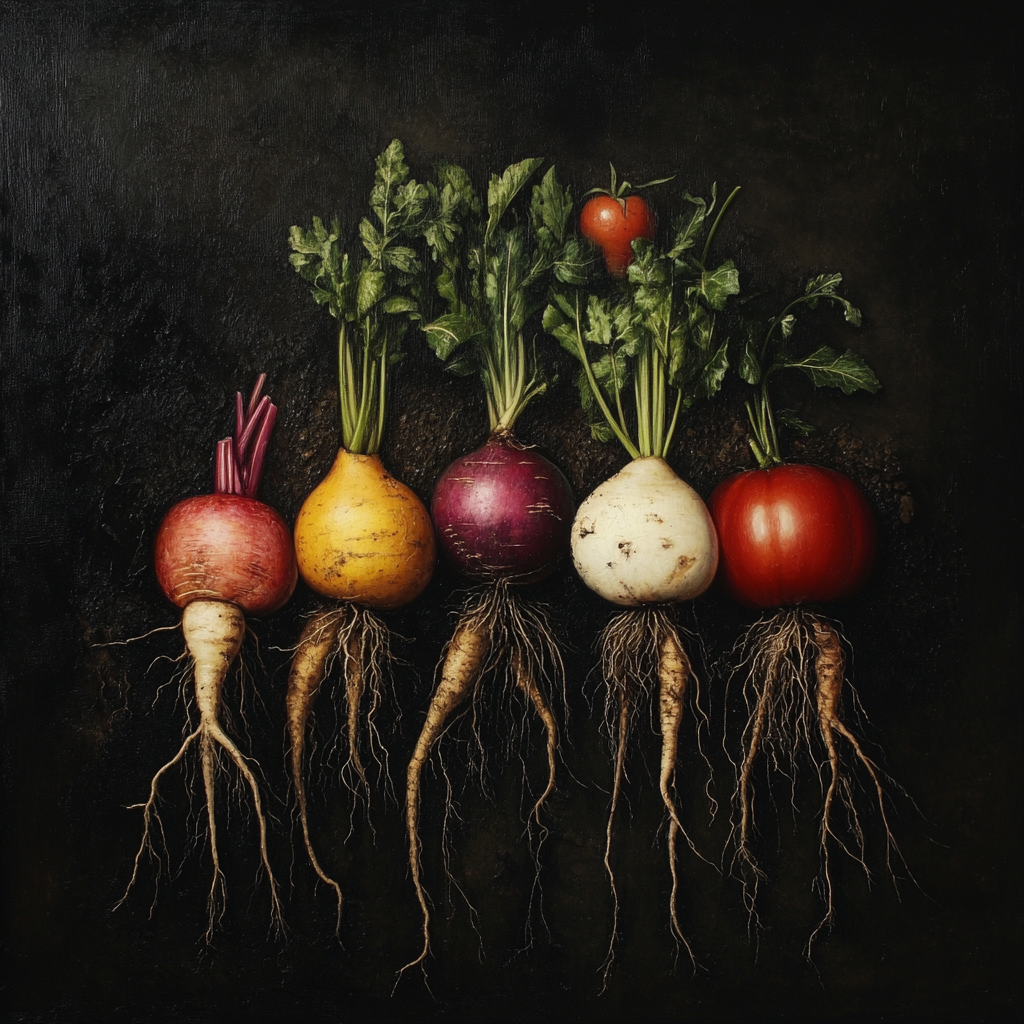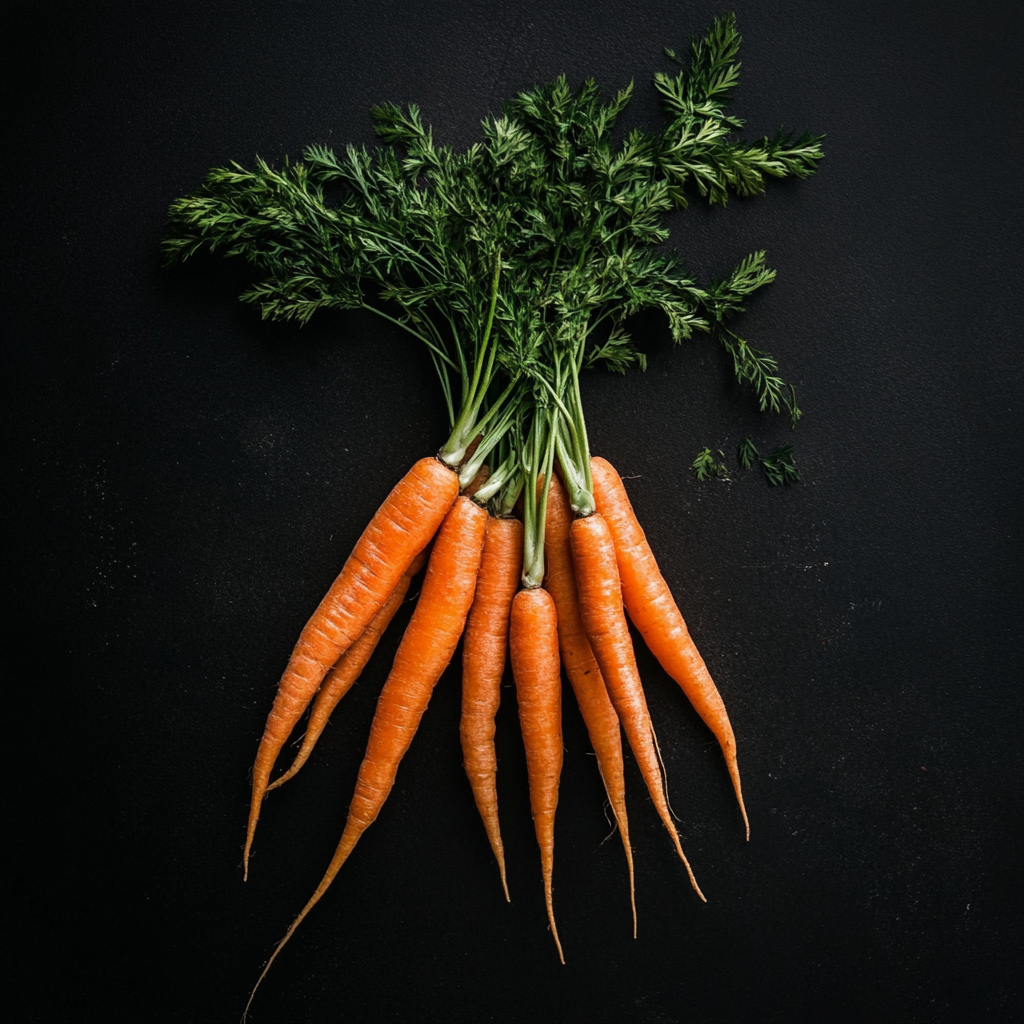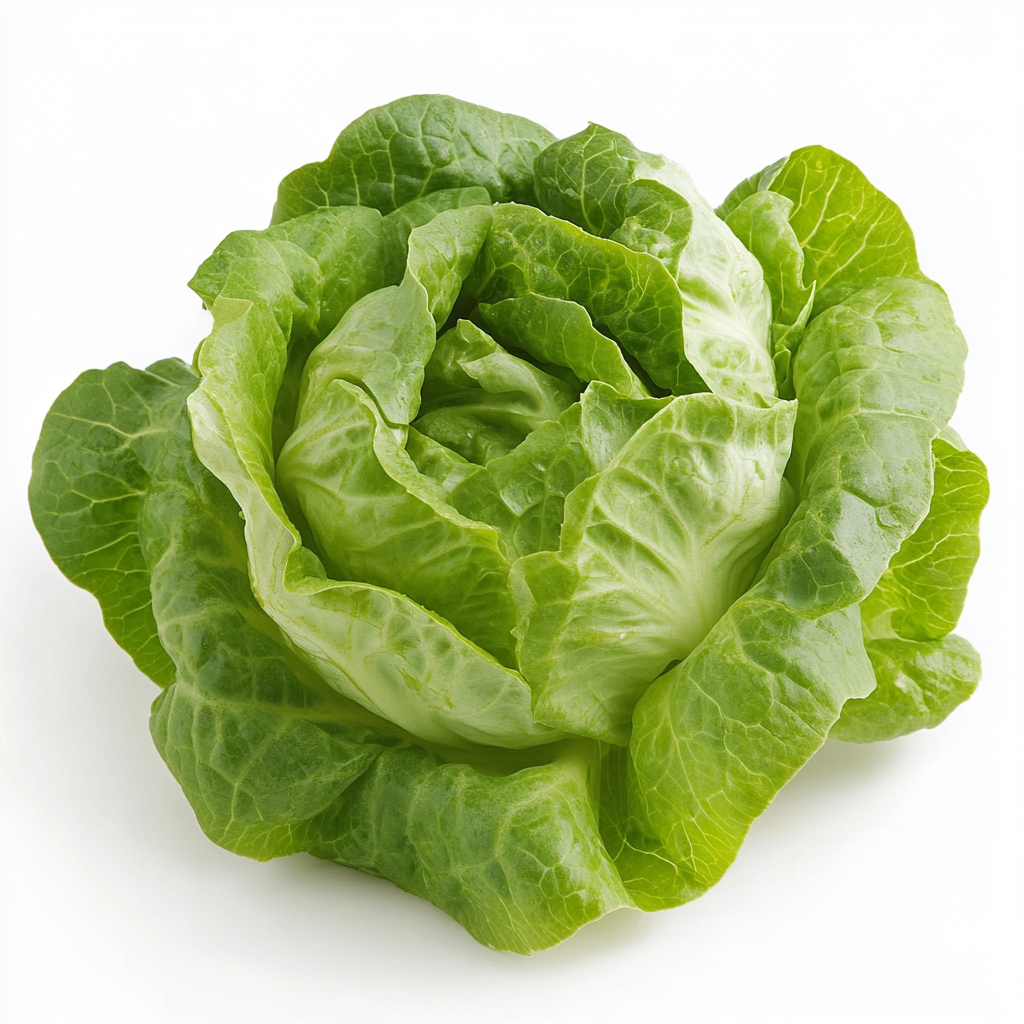The Best Fluffy Pancakes recipe you will fall in love with. Full of tips and tricks to help you make the best pancakes.
Root vegetables are a nutritional powerhouse that have been part of human diets for centuries. These nutrient-packed plants grow underground and are loaded with vitamins, minerals, and fiber, making them a great addition to a balanced diet. In this post, we’ll answer common questions about root vegetables, debunk myths, and guide you toward healthier choices.

What Are the 10 Root Vegetables?
Root vegetables are a diverse group of underground veggies, and here are ten common ones you’ll often find:
- Carrots – Known for their vibrant orange color, they are packed with beta-carotene, which is essential for healthy eyes.
- Potatoes – A staple in many cuisines, potatoes are versatile and rich in vitamin C and potassium.
- Sweet Potatoes – These orange-hued veggies are packed with fiber, vitamin A, and antioxidants.
- Beets – Known for their deep red color, beets are great for heart health and detoxification.
- Turnips – These slightly bitter roots are a great source of vitamin C and fiber.
- Radishes – Small and crunchy, radishes are perfect for adding a peppery bite to salads.
- Parsnips – These pale roots are sweeter than carrots and high in fiber.
- Rutabaga – A cross between a cabbage and a turnip, rutabagas are packed with antioxidants.
- Onions – While commonly used as a flavor base, onions also have numerous anti-inflammatory benefits.
- Garlic – A potent root with numerous health benefits, from improving heart health to boosting the immune system.

Is a Carrot a Root or a Stem?
A carrot is a root vegetable. More specifically, it’s a taproot, which is the main, central root from which smaller, lateral roots grow. Carrots store nutrients in their roots, making them sweet and nutrient-dense, perfect for consumption.

Who Should Not Eat Root Vegetables?
While root vegetables are generally healthy, certain groups of people should exercise caution:
- People with diabetes: Some root vegetables, like potatoes and sweet potatoes, are high in carbohydrates, which can cause blood sugar spikes.
- Those on a low-carb diet: If you’re on a ketogenic or strict low-carb diet, root vegetables like potatoes, carrots, and parsnips may not be suitable due to their higher carbohydrate content.
- People with digestive issues: Some individuals with irritable bowel syndrome (IBS) or other digestive problems may need to avoid certain root vegetables that cause bloating, such as onions or garlic.

Are Carrots Vegetables?
Yes, carrots are definitely vegetables. They belong to the root vegetable family and are one of the most commonly consumed veggies around the world. Rich in vitamin A, fiber, and antioxidants, carrots are an essential addition to a balanced diet.
What Is the Healthiest Root Vegetable?
The sweet potato often tops the list as the healthiest root vegetable. Rich in vitamin A (in the form of beta-carotene), fiber, and antioxidants, sweet potatoes are great for supporting eye health, boosting the immune system, and improving digestion. Their low glycemic index makes them a good choice for people who need to manage blood sugar levels.
Which Is the No. 1 Healthy Vegetable in the World?
While different studies name different vegetables as the “healthiest,” kale is often considered the No. 1 healthy vegetable worldwide. Kale is packed with vitamins (A, K, C), calcium, fiber, and antioxidants. Its versatility makes it easy to incorporate into any diet, and it’s renowned for its cancer-fighting properties and ability to reduce cholesterol.
What Vegetable Should I Eat Every Day?
The vegetable you should aim to eat daily is spinach. Spinach is incredibly nutrient-dense, providing high amounts of iron, calcium, folic acid, and vitamins C and K. It’s also low in calories and can be added to various dishes—salads, smoothies, soups, and more.
Is Broccoli a Root Vegetable?
No, broccoli is not a root vegetable. It’s actually part of the cruciferous family, which includes cauliflower, cabbage, and Brussels sprouts. The edible parts of broccoli are the stems and florets, which grow above ground rather than underground like root vegetables.
What Are the 3 Best Vegetables to Eat?
If you’re looking to maximize your nutritional intake, these are the three best vegetables you should eat regularly:
- Spinach – Packed with iron, vitamins, and antioxidants, it’s excellent for bone health and lowering blood pressure.
- Broccoli – A cruciferous vegetable rich in fiber, vitamins C and K, and cancer-fighting compounds.
- Carrots – High in beta-carotene and essential for good vision and immune system support.

What Vegetable Has No Health Benefits?
While most vegetables offer some nutritional benefit, iceberg lettuce is often cited as one of the least nutritious vegetables. It contains a high water content but lacks the vitamins and minerals found in darker leafy greens like spinach or kale. Though not harmful, you’ll get more nutritional value from other vegetables.

Conclusion: Root Vegetables and Beyond for a Healthy Diet
Root vegetables are a fantastic addition to any diet due to their rich nutrient content and versatility. Whether you’re roasting sweet potatoes, adding carrots to a salad, or using garlic to flavor a dish, root vegetables are loaded with health benefits. However, they may not be ideal for everyone, especially those managing blood sugar or digestive issues. Understanding which vegetables are the healthiest and how to incorporate them into your diet can ensure you’re making the best choices for your well-being.




